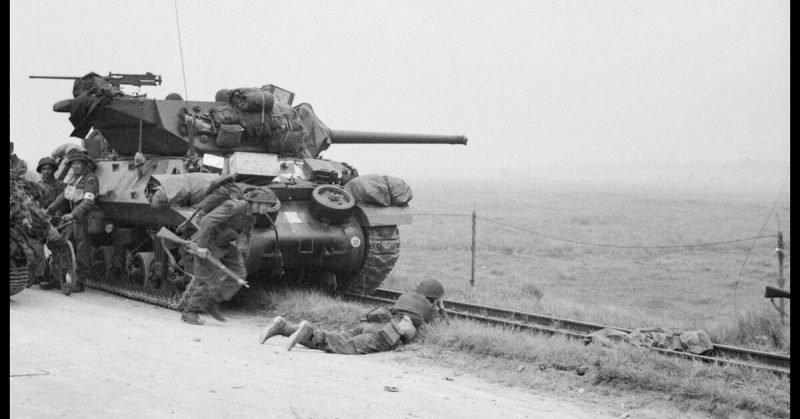One of the most extraordinary things about the D-Day landings of 1944 was Hitler’s response. The German Fuhrer was utterly convinced the attack was a feint. Even as thousands of Allied troops stormed the beaches of Normandy and headed inland, he remained certain the real attack was still to come. He was so sure the Allies would land in the Calais region that he held back troops there for vital weeks after the invasion.
Why was he so thoroughly convinced?
Harbors
For any army to invade the continent, they would have to be able to bring in huge volumes of troops, machines, and supplies. To do it they needed a substantial deep water harbor.
Hitler believed the Allies would have to land close to one of those harbors, such as Calais, Le Havre, or Cherbourg. The Allies got round that through Mulberry harbors. Those remarkable feats of ingenuity were floating piers consisting of huge concrete hollow blocks. They were towed across the Channel and used at two of the landing sites.
Not knowing about that option, Hitler believed the real invasion was still to come elsewhere.
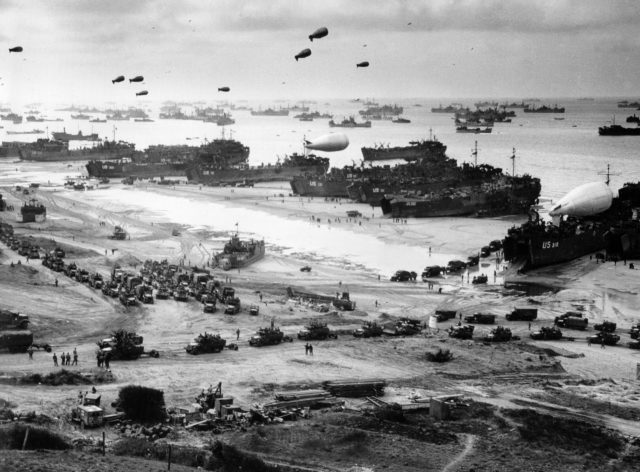
They Will Do What We Would
The idea was reinforced by Hitler’s own plan for invading Britain. During his preparations for the aborted Operation Sealion, he had prepared the German army to cross the Channel. His aim was to cross at the Straits of Dover, the narrowest part of the Channel. It would have left the invasion force vulnerable at sea for the shortest possible time.
It is usual to assume that others see the world the way we do. It can lead to problems for anyone. For a commander at Hitler’s level, it was a disastrous psychological trap. His whole image of the war was shaped by the assumption that the Allies must come to the same conclusions as him about how to invade across the Channel.
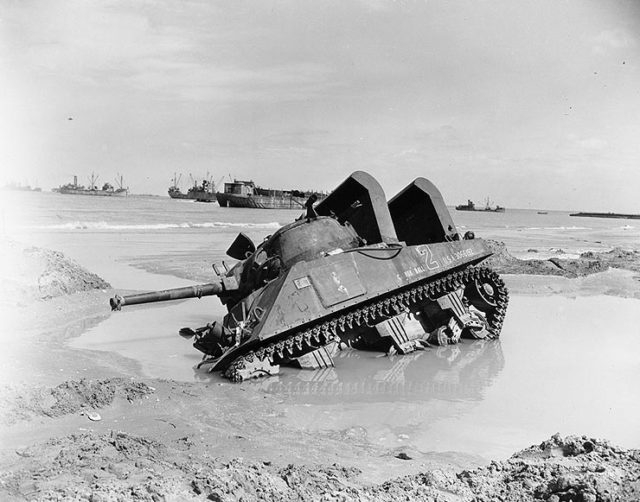
Double Cross
Hitler was not just fooling himself; he had help from the Allies.
At the start of WWII, the British had tracked down and imprisoned or turned German agents in Britain. They built a powerful network of double agents feeding false intelligence to the Germans. It was Operation Double Cross.
Most importantly for D-Day was Juan Pujol Garcia, a Spaniard working under the codename of Garbo. The Abwehr, Germany’s military intelligence organization, regarded his information as invaluable. Hitler awarded him the Iron Cross.
However, Garbo was working for the Allies. Around D-Day, he sent messages to his Abwehr handlers convincing them it was not the real invasion. He told them the Allies would soon land in the Pas de Calais.
Conviction of Deception
Hitler was not naïve about the role of information in warfare. He firmly believed the Allies were trying to trick him into committing his forces at the wrong place and time.
He was so convinced that he ended up fooling himself. Once he had the idea in his head that D-Day was a trick, he could not let that idea go.
FUSAG
Aside from Double Cross, the other great source of false intelligence was the First US Army Group (FUSAG).
FUSAG has rightly gone down in history as one of the great wartime deceptions. It was an enormous military formation based in southeast England, ideally placed to cross the Straights of Dover and invade the Pas de Calais. Commanded by the famously aggressive General Patton, it was the invasion force the Germans were expecting.
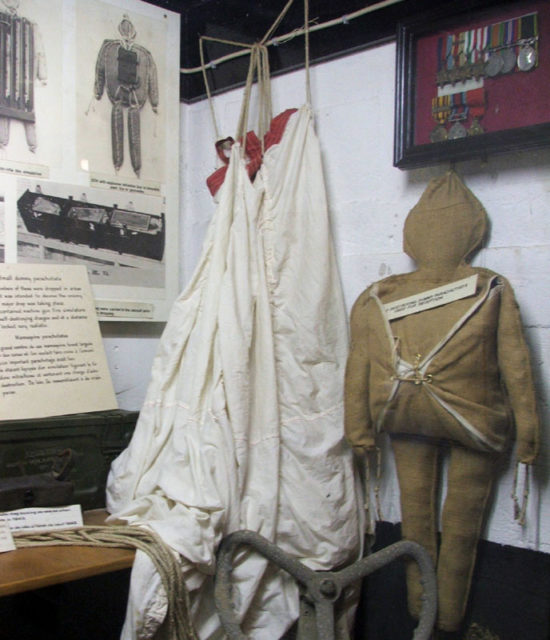
It was also a fiction. The army only existed on paper. The camps were built by film and stage set dressers. Patton had been removed from command in disgrace after slapping a shell-shocked soldier. Frequent radio signals from and within FUSAG were the work of intelligence operatives sending out fake information.
The Germans never saw through the charade. They were waiting for FUSAG to attack.
Limited Photo Reconnaissance
With better photographic reconnaissance (PR), the Germans might have seen through illusions such as FUSAG or identified that forces were gathering elsewhere. Unlike the British, whose PR specialists had made significant leaps forward early in the war, the Germans lagged behind. Despite producing the world’s best photographic lenses, they were not supplying the technology to the Luftwaffe. Their analysts had nothing like the skill and experience of the Allies.
Lack of Intelligence Filtering
Hitler insisted on seeing raw intelligence for himself and drawing his own conclusions, rather than relying on the insight of analysts. Churchill had the same tendency early in the war but realized his error after setbacks. Hitler had not had the same experience. No-one was filtering the information and drawing his attention to what was most relevant instead of what reinforced his existing ideas.
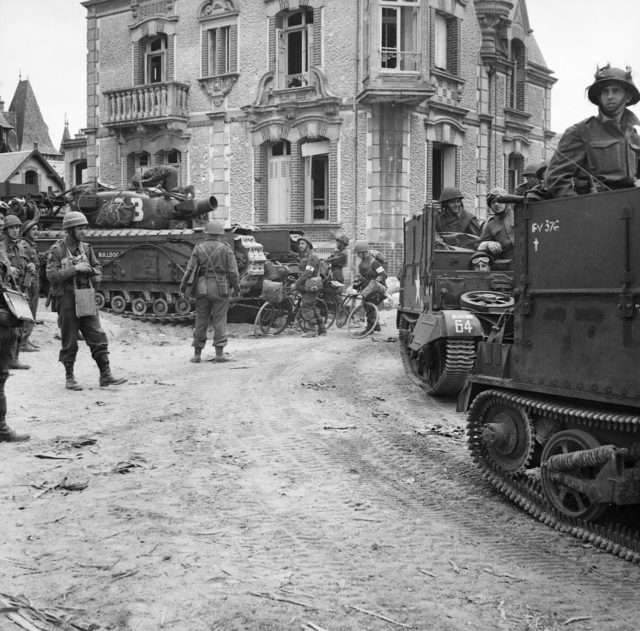
Agent Josephine
Information from another source strengthened the effect of the false intelligence from Garbo. An Abwehr agent codenamed Josephine, who was based in neutral Sweden had not been turned by the Allies. The agent relied on limited sources – mostly newspapers and random conversations with Swedish intelligence staff. Josephine became convinced that D-Day was a feint. When that report reached the German high command, it again reinforced what Hitler expected.
The Nature of Dictatorship
Many of those factors point toward the overarching problem limiting Hitler. His thinking was too rigid.
It is a problem that strikes many leaders reaching the top of their fields, from politicians to businessmen to military commanders. Convinced of their own infallibility, and with few people challenging them, they focus on their own fixed views.
The problem was exaggerated in a dictatorship such as Nazi Germany’s. When challenging authority could lead to death, few disagreed with the Fuhrer. So he remained convinced he was right and that D-Day was a feint; even as events were proving him wrong.
Sources:
Ralph Bennett (1999), Behind the Battle: Intelligence in the War with Germany 1939-1945.
